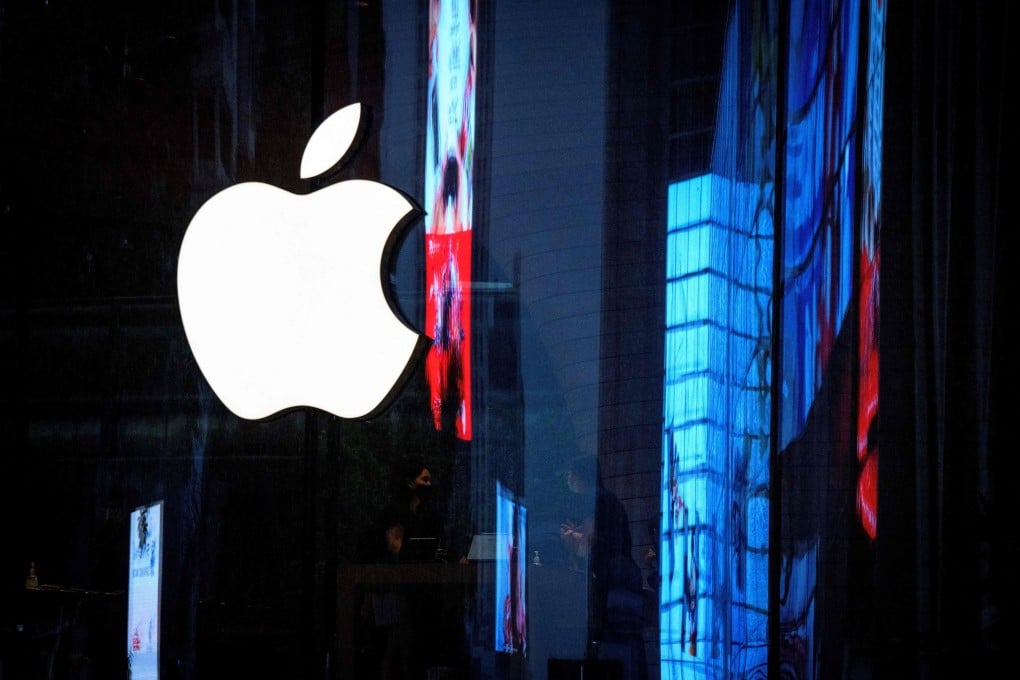Opinion | Apple’s Thai gaffe shows brands must tread with more care in Asia
- Backlash from insulted Thais forced Apple to remove ad and apologise swiftly – a lesson in how soft power can be a double-edged sword

As criticism intensified, the tourism committee of Thailand’s House of Representatives said it would summon Apple for clarification. In a swift response, Apple pulled its video – which had garnered 5 million views – off YouTube and issued an apology. The incident underlined how attempts to wield soft power can have unpredictable outcomes, even backfire.
In his seminal 2004 work, Soft Power: The Means to Success in World Politics, Joseph Nye defines soft power and discusses its effectiveness in terms of how widely its influence is recognised and accepted, ultimately leading to popularity or trust. This process often takes time.
Since then, various measures of soft power have emerged. For countries, rankings include the Indian Strategic Studies Forum’s World Soft Power Index, Monocle magazine’s Soft Power Survey and the Portland consultancy’s Soft Power 30 report. Another consultancy, Brand Finance, puts out a Global Soft Power Index that refers to “nation brands”.
The fiascos of Apple and other brands show that for conglomerates, soft power can be a double-edged sword; it offers significant economic benefits but also attracts a level of scrutiny that can quickly turn negative. In recent years, both Dolce & Gabbana and Christian Dior have produced advertising that sparked controversy in China – an important market estimated to represent one-third of global luxury goods purchases.

